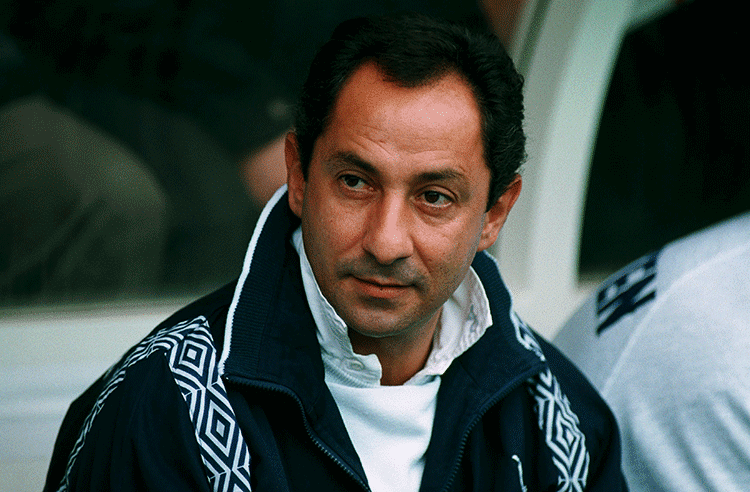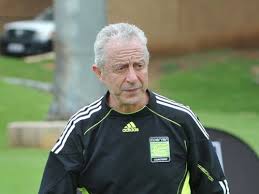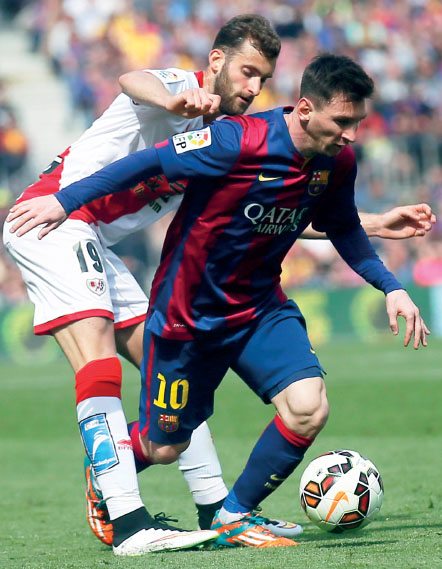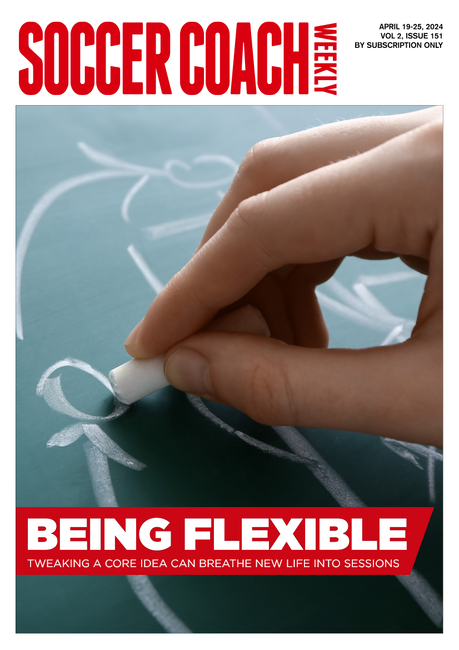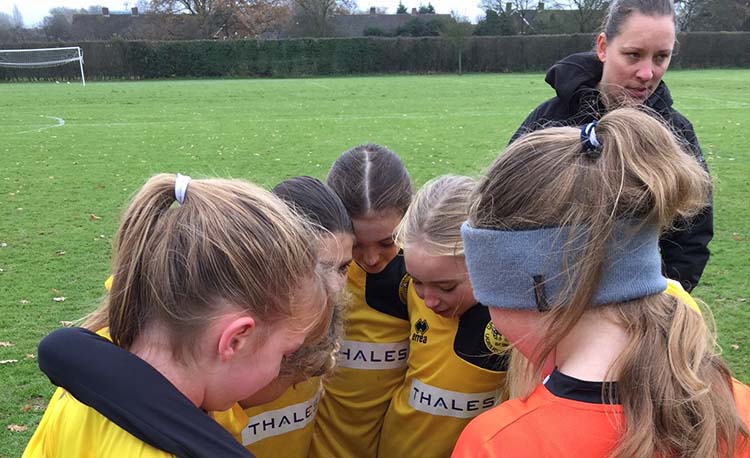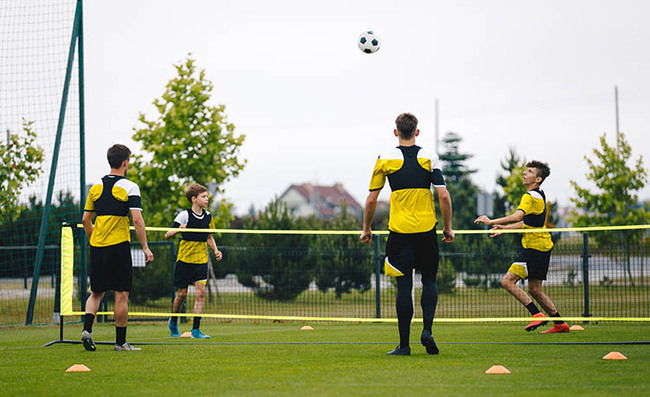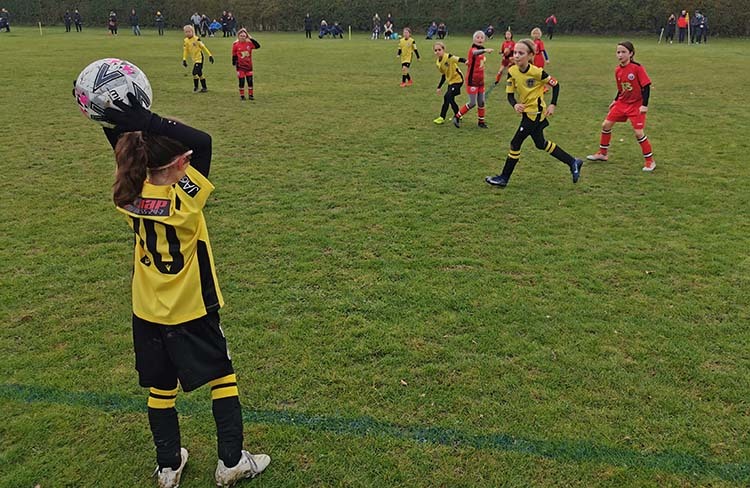INTERVIEW: Doing it Ossie style
Coaching Adviceby Dave Clarke
World Cup winner Ossie Ardiles has carved out a career as a globetrotting coach with an attacking style. He spoke to Dave Clarke about his career, youth soccer and his success in Japan
World Cup winner Ossie Ardiles has carved out a career as a globetrotting coach with an attacking style. He spoke to Dave Clarke about his career, youth soccer and his success in Japan
In 1989 Ossie Ardiles (pictured left) started his coaching career that has taken the Argentinian World Cup winner around the world. As player-manager he introduced a flamboyant style of football to Swindon Town in his first coaching job, achieving promotion to the top flight in 1990 (only for the FA to strip the club of this honour for off-the-field irregularities). Three years later he took West Brom to Division One and later made headlines in the Premier League with a cavalier Spurs side notable for fielding five forwards.
After relocating to Japan he was named J-League Manager Of The Year in 1998 for his achievements with Shimizu S-Pulse. He also won the first stage of the J-League with Yokohama F Marinos in 2000 and the Emperor’s Cup with Tokyo Verdy five years later. He has also enjoyed spells managing clubs in Mexico, Argentina, Paraguay, Croatia, Israel and Saudi Arabia, giving him a truly global view of the world game – but wherever he has coached, he has always brought a certain Ossie style to the job.
Having coached four English clubs, is the Premier League the best in the world?
The Premier League is certainly the most watched and the richest – and it attracts the best players in the world because of these reasons. Yes, I would imagine it’s the best league in the world.You have enjoyed several stints in Japan. What is it about the Japanese game that attracts you?
The J-League started in 1993 and I came soon after. I think the J-League is and was the model of how professional football should be marketed for the fans. In Japan I have won the League and The Emperors Cup and I have been told that I also have more victories than any other foreign coach in the league’s history.Who have been the coaches that have impressed you the most in Japan?
There have been some great coaches in Japan: the Brazilian legend Zico, Hans Ooft from Holland and of course Arsene Wenger. Wenger to me was special – you knew his teams would play football, the beautiful game as Pelé called it. I know his time in Japan influenced him and like me he loved the culture. Since leaving Japan I am not surprised to see he stuck with all his beliefs about the way the game should be played and the way to behave civilly and with respect – the Japanese way.Japanese women are champions of Asia and the men have qualified for the last 6 consecutive World Cups. Why has their game been so successful?
You need to understand the Japanese culture. Like every aspect of their lives, great attention and care is spent on detail, studying whatever they want to establish and then replicating and improving it. Football was no different. The professional league was marketed to perfection, so the fans supported the game. The Japanese also think long term so youth development was always a priority for the Japanese Football Association. The success of Japanese players and teams today is a result of their youth development programmes.As a champion of youth development and the education of coaches, what programmes have impressed you in Japan?
In my 17 years here, the programme that has impressed me most and the one that has dominated nationally, has been the Coerver programme. I remember in the early years they started with a few schools and today they have over 100 schools all over the country. I am a close friend with Alf Galustian, who is a co-founder of the programme and the driving force behind it, so I have always kept a close interest.What is so special about the contribution of Alf Galustian and Coerver to football in Japan?
Alf (left) is without doubt a global pioneer in youth coaching. I am still amazed with the new drills, games and concepts he continually comes up with. His contribution to Japanese football development is without question. Over these past 20 years he has influenced the way football is taught in Japan and the subsequent success of the game here.
Currently more than 17,000 young players go through the Coerver programme each week, and in the past 20 years over 300 players have gone into J League clubs and some to the various national teams – that’s an amazing contribution to the game in Japan.
What was the best team you played against?
I think Brazil of the 1980s – the team with Zico, Socrates and Junior. I think they were the best team never to win the World Cup.After winning the 1978 World Cup, was it difficult to adjust to playing your football in England?
It took me a while. In those days the long ball game – getting the ball into opposition’s third, often bypassing midfield – was strange to me. But at Spurs we had Glenn Hoddle, and Rick Villa came with me too, so Spurs always tried to play passing football and that suited me.Is there an Ardiles way of playing soccer?
Yes. I have always believed in the passing game. My style is about possession but also always trying for the forward pass. I have always believed in attacking, as a player and as a manager – I have often been sacked for these beliefs but I will never change. Football is a technical game and that’s where its beauty is.Ossie’s Verdict: Maradona or Messi?
“It’s very close and they’re both fellow Argentinians. I think it would be Messi, but I have to qualify that. Maradona was the best player I played with by a mile. I have never seen such a skilled player. He could control the ball on any surface, in any space, and whatever the pressure he was put under. But Messi is playing in an era where there is improved knowledge in sports science – what you eat, drink, how you prepare. Today the boots and the ball are superior. Today the fields are all unbelievable. So when people speak about comparisons between players like Maradona and Messi, all these factors should be taken into consideration.”
Newsletter Sign Up
Coaches Testimonials

Gerald Kearney, Downtown Las Vegas Soccer Club

Paul Butler, Florida, USA

Rick Shields, Springboro, USA

Tony Green, Pierrefonds Titans, Quebec, Canada
Subscribe Today
Discover the simple way to become a more effective, more successful soccer coach
In a recent survey 89% of subscribers said Soccer Coach Weekly makes them more confident, 91% said Soccer Coach Weekly makes them a more effective coach and 93% said Soccer Coach Weekly makes them more inspired.
*includes 3 coaching manuals
Get Weekly Inspiration
All the latest techniques and approaches
Soccer Coach Weekly offers proven and easy to use soccer drills, coaching sessions, practice plans, small-sided games, warm-ups, training tips and advice.
We've been at the cutting edge of soccer coaching since we launched in 2007, creating resources for the grassroots youth coach, following best practice from around the world and insights from the professional game.
More from us
© 2023 Soccer Coach Weekly
Part of Green Star Media Ltd. Company number: 3008779
We use cookies so we can provide you with the best online experience. By continuing to browse this site you are agreeing to our use of cookies. Click on the banner to find out more.
